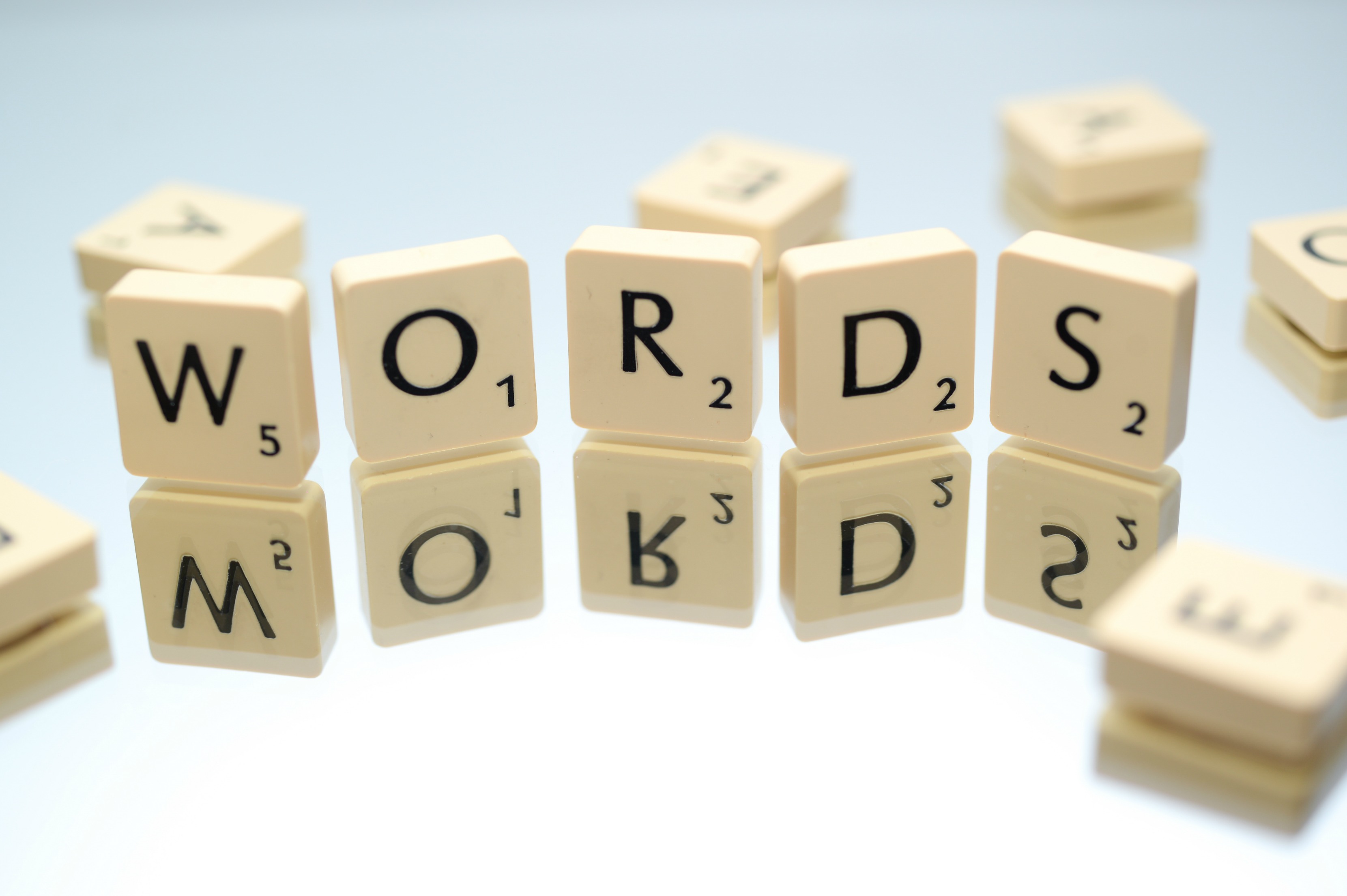
Learn English Words
Why Do We Need to Learn English Words?
Everyday you learn English words in language schools or at home on your own as a part of your English learning process. But why do you need to learn English words?
The words in any language are the tools for us to be able to do things with the language. Even in our mother tongue! What?
I mean, as a baby, first we learn single words like “hi”, “mama”, “kitty”, “cookie”, etc. and practice them for a while and next, we use the words to make sentences. Through the sentences we make, we are able to express ourselves.
Words are the tools to express feelings, wishes and convey meaning. Learning English words is really important for the learners to understand and communicate with others in English. You need a minimum of English words to speak the language. It is said that, if you know around 1000 words, you will be able to have a conversation in English.
We all understand that expanding your English vocabulary by learning new words everyday will help you improve your speaking skills and get you to the point which you speak English fluently.
The Four Basic English Language Skills
Do We Need to Learn English Words to Improve the Basic Language Skills?
When learning a language, we talk about four basic language skills: listening, speaking, reading and writing.
To become a fluent English speaker, you need to work on these skills too.
Sometimes you decide to watch a movie or your favourite series in English to improve your listening skills and you don’t understand most of it, then you turn the subtitles on in your native language, or you want to read something online in English for fun or for school, but you easily get bored of it because you don’t get what you’re reading.
Similarly you want to prepare a text for a presentation at school or at work or you want to comment on instagram posts in English, but you cannot do all these things easily. Something is missing.
What is that? The problem is the lack of vocabulary. It is necessary to learn English words to improve your other skills like listening, reading and writing in the English language.
It is time to learn new words everyday and improve your English vocabulary to become a fluent speaker.
In this section you can find:
- English Vocabulary and example sentences
- Idioms and example sentences
- Vocabulary exercises
- Some tips that I use to learn English words easily and tips to help you develop your own vocabulary learning strategies
- Useful websites to learn English words and practice